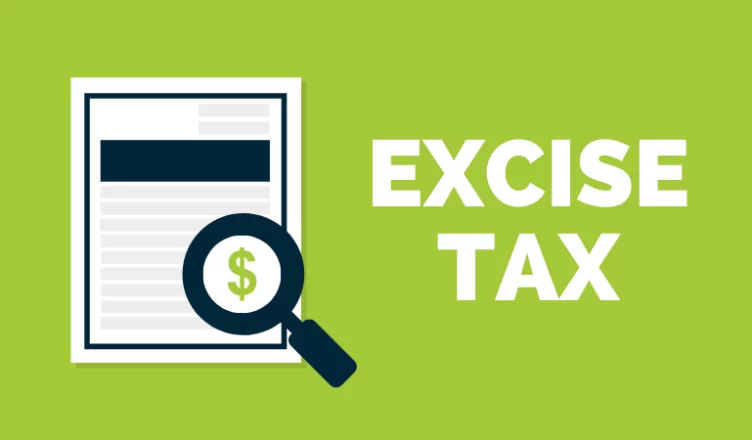Excise tax is an indirect type of fee levied on specific goods and services, unlike sales taxes which apply to a wider variety of goods and services.
Excise tax is a flat-rate fee paid by the producer or supplier of an item rather than the consumer, and is then included in its selling price.
What is an Excise Tax?
An excise tax is a type of tax levied on specific goods and services. These levies may be levied by federal, state or local taxing authorities.
These taxes are not collected directly by consumers like sales taxes; rather, businesses incorporate them into their prices in order to cover overhead expenses.
Some excise taxes are calculated as a percentage of value, while others require an individual fixed amount per item. For instance, tanning salons must pay 10% tax on fees collected from customers for indoor tanning sessions.
In the United States, most governments impose excise taxes on a range of goods and services. These are often targeted at certain classes of items like luxury items or those which are more costly than what the average consumer would typically purchase.
How is an Excise Tax Calculated?
Excise tax is an indirect type of fee levied on specific goods or services. It typically takes the form of either a percentage of purchase price, or per unit rate.
Contrary to sales taxes, which apply to nearly everything we purchase, excise tax only applies to certain items such as motor fuel, alcohol and tobacco.
Excise taxes are set by both federal and state governments, though they may differ between jurisdictions.
Calculating an excise tax requires understanding its effect on market equilibrium. An excise tax can either increase or decrease supply of a given good, shifting its price to either higher or lower levels than before.
For instance, if the government introduces excise taxation on products with a historically high social cost such as alcohol or cigarettes, their new selling price will be higher than before the tax was implemented.
What is the Difference Between an Excise Tax and a Sales Tax?
Excise tax is a type of pre-sale tax applied before the purchase price for specific items. It may be charged as either a percentage of the price or per unit tax and typically collected by the manufacturer rather than by the consumer.
Tax revenues are collected by both federal and state/local governments alike. They provide funds for essential programs like gas taxes that keep roads functioning, building new ones, and tobacco tax revenues which offset some of smoking’s health effects on society at large.
However, some businesses fail to pass along these taxes to customers. Fuel companies, for instance, add federal excise taxes onto the price of gas at the pump but these charges are not included in a customer’s taxable receipt.
What is an Excise Tax Exemption?
Excise tax is a type of government-imposed surcharge placed on specific products or services. It may or may not be included in the price you pay for goods and services, or charged separately from your sales tax.
Governments may levy excise taxes on a range of goods and services, such as fuel, airline tickets, tobacco, alcohol, and food items. Some excise taxes have flat rates while others are calculated as a percentage of the overall cost for an item.
Manufacturers and retailers are usually accountable for collecting and reporting excise taxes to the IRS. They must also remit these payments quarterly using Form 720, Quarterly Federal Excise Tax Return.
If your business relies on an excise tax exemption for tax-exempt treatment of sales, be sure to review all relevant statutory and regulatory requirements and recent rulings that pertain to that specific exemption. Doing this will guarantee that your company correctly identifies and obtains any necessary documentation in support of its tax-free sales treatment

